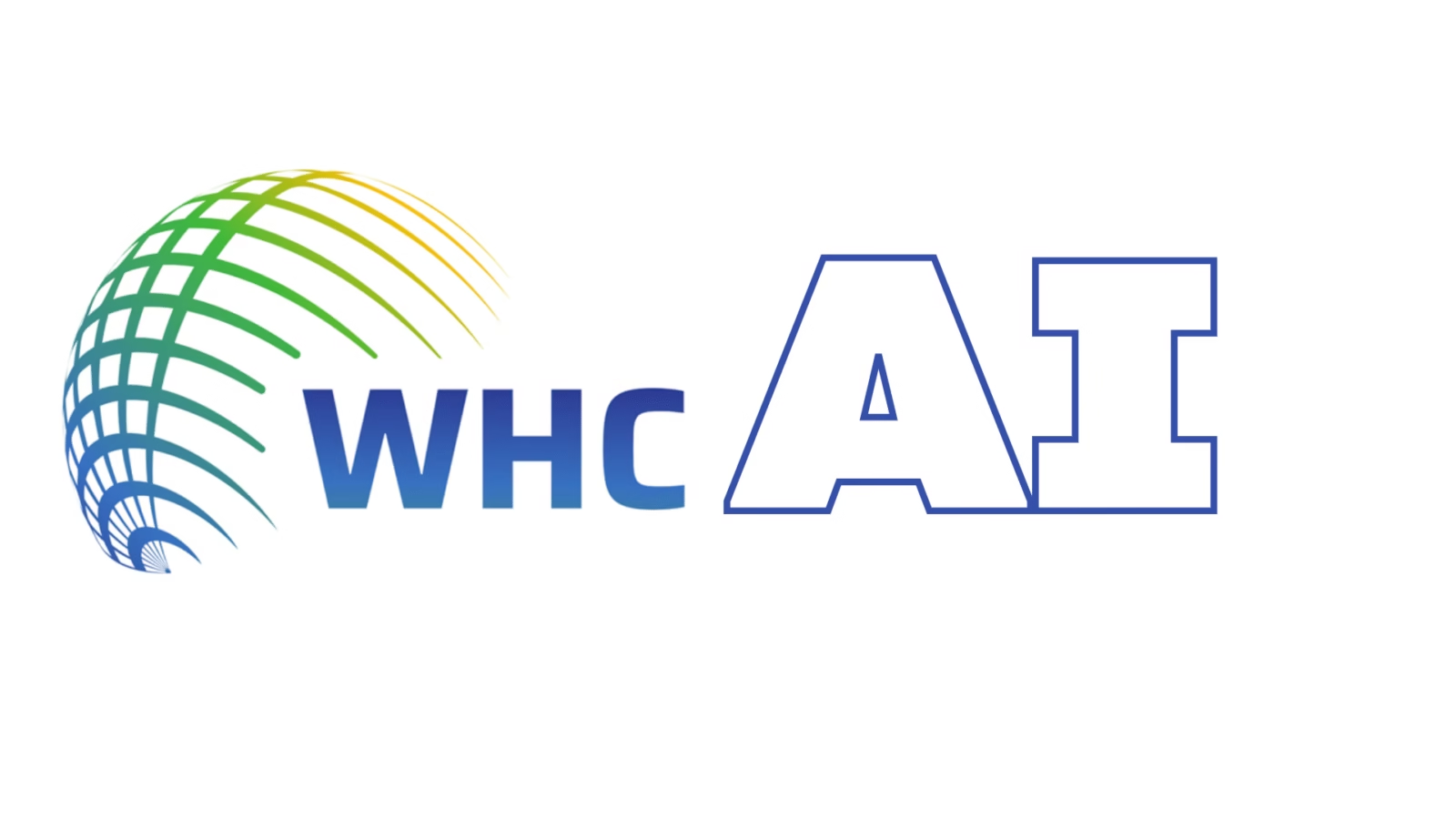If AI isn’t suggesting your business to potential customers, we can help you get recommended! Plus, we can help you implement AI within your business processes to keep you competitive.
Click here to schedule a complimentary consultation!
Click here to schedule a full AI Audit of your business processes!
IS AI REPLACING TRADITIONAL SEARCH?
There is significant and rapidly growing consumer adoption of generative AI tools for shopping. While adoption rates vary by demographic, a substantial portion of consumers are already using or plan to use AI for product discovery and recommendations.
- Broad Adoption: 58% of consumers report having replaced traditional search engines with generative AI tools for product and service recommendations. This is a sharp increase from 25% in 2023.
- Source: Capgemini, “Generative AI is transforming shopping,” January 2025.
- Current vs. Planned Use: 38% of U.S. consumers report having already used generative AI for online shopping, and 52% plan to use it in the coming year.
- Source: Adobe, “Generative AI-Powered Shopping Rises,” August 2025.
- Generational Divide: Younger generations lead this trend. A recent survey found that while 23% of consumers overall are likely to use AI chatbots for holiday shopping, that number jumps to 44% for Millennials and 42% for Gen Z.
- Source: Epsilon Pulse, “Gen Z, millennials drive adoption of AI for holiday shopping,” October 2025.
- Primary Use Case: Among shoppers who already use AI, 72% use it as their primary tool to research products and brands. The most common tasks consumers use AI for are product research (53%) and receiving product recommendations (40%).
- Sources: Capital One Research, “AI Shopping Statistics (2025 Report),” September 2025; Adobe, August 2025.
Impact on Paid Advertising
Yes, analysis indicates that the rise of AI assistants is directly causing a shift and potential reduction in reliance on traditional paid advertising, particularly search engine ads.
The core change is that AI is becoming the new “front end” for product discovery, intercepting the customer before they ever get to a Google search results page, where they would normally click on paid ads.
- Replacing Traditional Search: As the Capgemini statistic shows, 58% of consumers are already replacing search engines with AI tools for recommendations. When a user asks an AI, “What’s the best laptop for a college student under $1,000?” they receive a synthesized answer instead of a list of paid links to click. This behavior bypasses the traditional paid search ad model.
- Advertising to AI Agents: Experts note this shift means brands will eventually have to advertise to AI agents rather than human consumers. This will cause a “reduced reliance on traditional ad placements” (like banners and search links) and create a new focus on “AI-driven product rankings.” Success will be measured by whether the AI recommends your product, not by “impressions and clicks.”
- Sources: McKinsey, “The agentic commerce opportunity,” October 2025; Flywheel Digital, “How AI Agents Will Disrupt Commerce,” February 2025.
- Shifting Ad Strategy: For advertisers still using platforms like Google and Meta, reliance is shifting from manual ad buying to the platforms’ own AI. Tools like Google’s “Performance Max” and Meta’s “Advantage+” use AI to automate targeting, bidding, and ad delivery. Advertisers are ceding control to these AI systems, thus relying less on their own manual ad placement strategies.
- Source: Workshop Digital, “Navigating AI’s Impact on Paid Media,” August 2025.
Impact on Social Media & Friend Recommendations
This area is more complex. The data shows that AI is not directly replacing recommendations from friends or social media. Instead, AI and social media are rising together as the new primary channels for product discovery, replacing traditional search.
- Different Trust, Different Purpose: Consumers trust different sources for different information. Research shows that consumers are more willing to trust AI for material or tangible recommendations (e.g., price comparisons, feature analysis, “find me a 4K TV with these specific ports”). However, they still trust human recommendations (from friends or influencers) for experiential aspects (e.g., aesthetics, comfort, “how will this product make me feel?”).
- Source: Ana Canhoto, “When Do Customers Trust AI-recommendations?,” January 2025.
- Social Media Use is Also Growing: The same demographics driving AI adoption are also increasing their use of social media for discovery. For example, 7 out of 10 Gen Z consumers learn about new products from social media influencers, a significant increase from 45% in 2023. An Epsilon report found that 44% of Gen Z and 36% of Millennials are looking to influencers for holiday gift inspiration—the same groups most likely to use AI.
- Sources: Capgemini, January 2025; Epsilon Pulse, October 2025.
In summary: AI is directly competing with, and in many cases replacing, traditional search engines and their paid ad models. However, it is not replacing recommendations from friends or social media. Instead, AI and social platforms are becoming the two dominant—and often complementary—forces in modern product discovery.
Not sure what to do next?
Next Steps:
1. Schedule a free consultation
or
2. Use the form below to schedule a complete AI Audit of your business processes to stay competitive as the world turns to AI!

